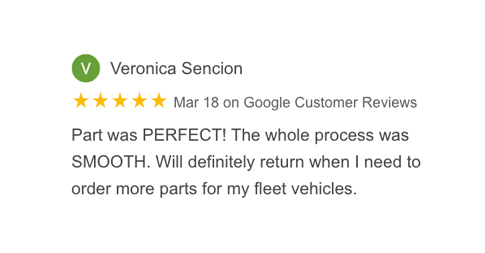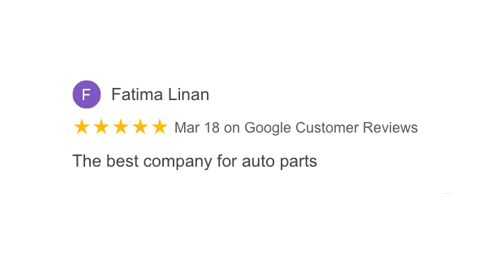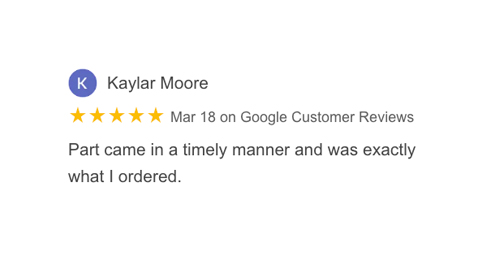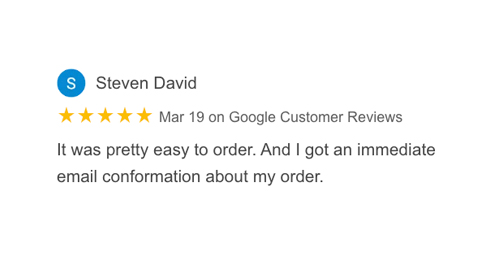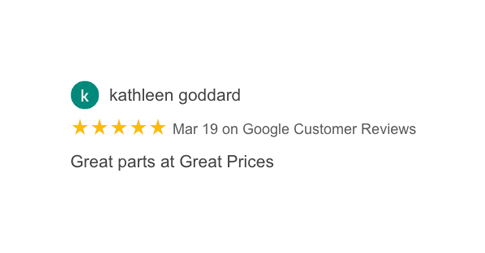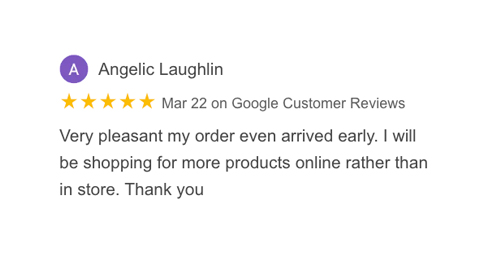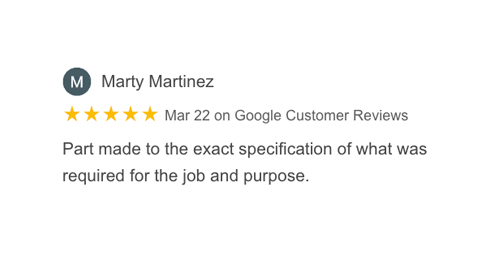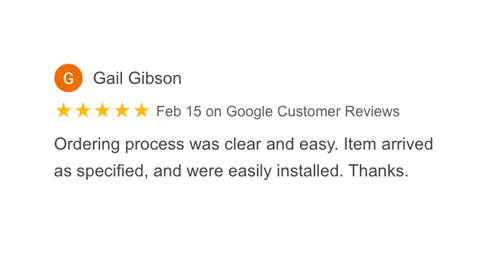Driving with a trailer isn’t as simple as it looks. You’ll need to install various accessories like a trailer hitch and hitch links before getting started.
Before you decide to tow a trailer on your next trip, it’s a good idea to familiarize yourself with the things you need to tow a trailer safely and effectively. Let’s go over some of the basic towing accessories you might need.

Hitches
If you’re planning on towing a trailer, a hitch is one of the most important things you need to get for your vehicle. This is the part that connects the trailer to your vehicle, allowing it to swivel as you drive. Without the proper hitch, a trailer wouldn’t be able to turn with your vehicle. If you plan on getting a hitch, it’s important to make sure to get a hitch that’s specifically designed for the application you’re using it for.
It’s important to ensure that any hitch you do get is strong enough to pull tremendous weight. Select a hitch that belongs to a class compatible with your vehicle type and towing capacity.
Tow Chains
Tow chains, also known as safety chains, are another must-have towing accessory. They’re no substitute for hitches, but tow chains can help trailers stay on track by preventing them from separating from a vehicle. They’re a good backup if the hitch breaks or the trailer gets disconnected somehow.
When installing tow chains, make sure to crisscross them beneath the hitch and coupler. This isn’t the same as twisting the chains, which can permanently damage them. Crisscrossing is done to improve their grip on the trailer without sacrificing maneuverability. Just be careful there isn’t too much slack because if the chains are too loose, they can hit the ground and drag along the road, creating sparks which are potential fire hazards.
Shovels
A shovel may come in handy when towing a trailer with your vehicle. This is useful for emergencies where you need to get rid of snow and other hard clumps of soil. These obstructions can make it difficult to drive a vehicle, let alone one with a trailer.
Shovels come in handy for situations like these, so it’s a good idea to keep one in your vehicle if you have the cargo space.
Tow Straps
Tow straps aren’t used to tow trailers the same way that hitches and tow chains are. Instead, they’re used to recover trailers and other cargo stuck in mud, potholes, or other obstructions.
It’s important to avoid using tow straps on vehicles that are already attached to other trailers. Make sure to remove any chains, cables, and winches before using a tow strap as well. This minimizes the shock load and reduces the risk of mishaps when towing. Some tow straps are specifically designed not to cause damage if ever they come loose.
Hitch Links
Hitches, also known as tow bars, link the vehicle and the trailer together by connecting the two hitches. The hitch link of the trailer is inserted into the receiver hitch attached to the vehicle.
Hitch Covers
A hitch cover protects the hitch from damage due to exposure to the elements. Over time, rain, snow, and other contaminants can corrode hitches and weaken their structural integrity. It also offers an extra layer of protection during collisions, preventing the hitch from getting damaged.
Winches
Winches are mechanical devices that are used for hauling or lifting heavy objects. They are commonly used to pull boats onto trailers. If you plan on towing heavy cargo, these are incredibly useful for pulling things onto trailers.
Common winches have a crank that must be used manually whereas others are equipped with gear assemblies and draw power from internal combustion drives.
Hitch Steps
Hitch steps provide drivers with a removable step that goes on the hitch. This makes it easier to access the cargo area of a vehicle, particularly in trucks.
You can’t tow a trailer while the hitch step is set up, but it can be a useful tool to prepare your vehicle for towing. Easy access to the cargo hold means you’ll have no trouble ensuring all your belongings and equipment are accounted for.
Hitch Locks
A hitch lock lets you lock your trailer hitch and receiver together, preventing people from unhitching your trailer without the key. It’s a handy security tool that keeps your trailer safe and securely attached to your vehicle at all times.
Any information provided on this Website is for informational purposes only and is not intended to replace consultation with a professional mechanic. The accuracy and timeliness of the information may change from the time of publication.


